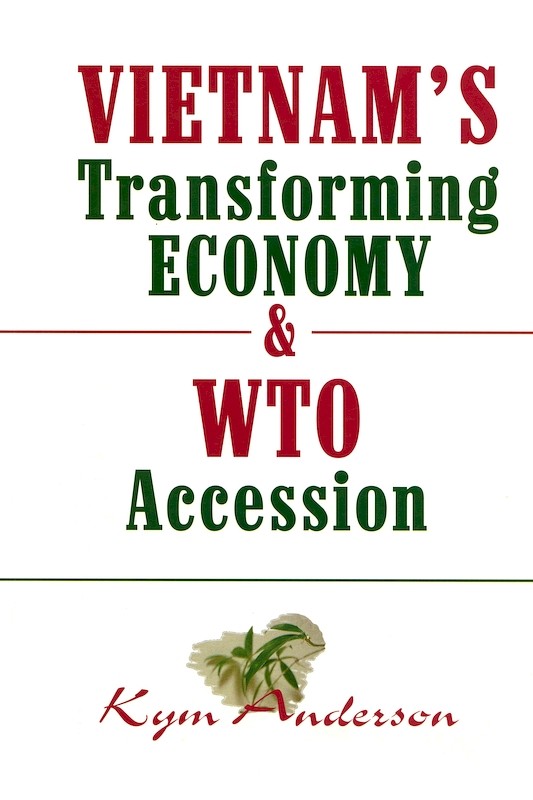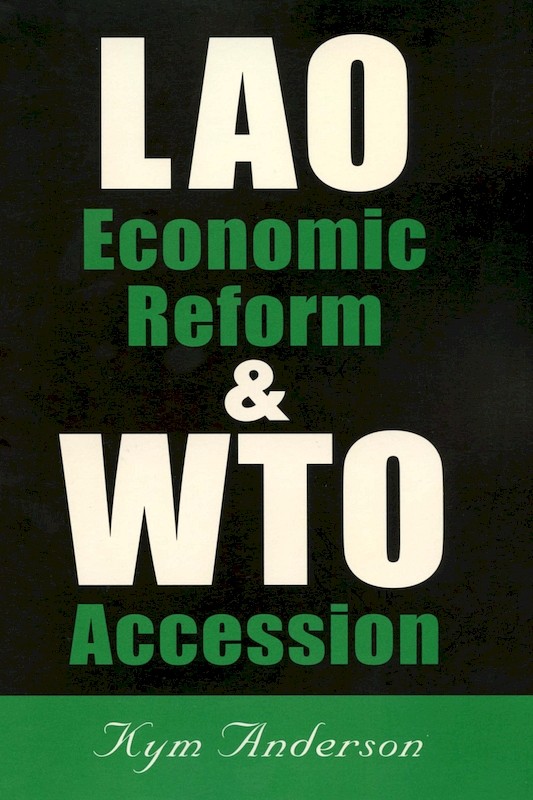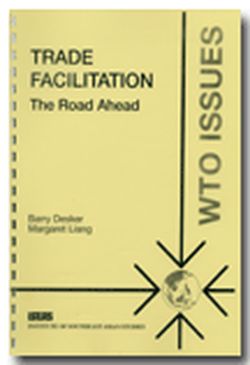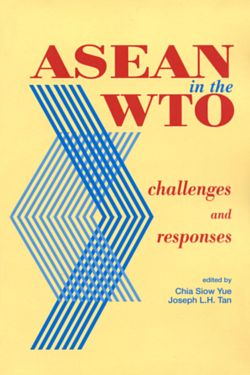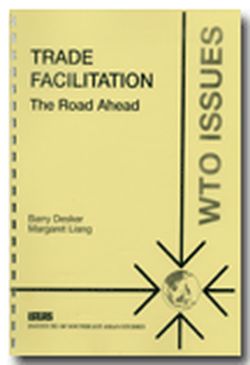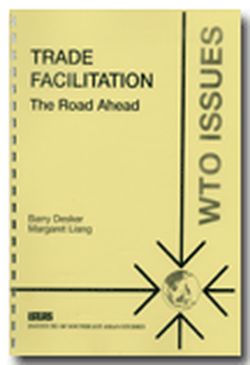Southeast Asia in the WTO
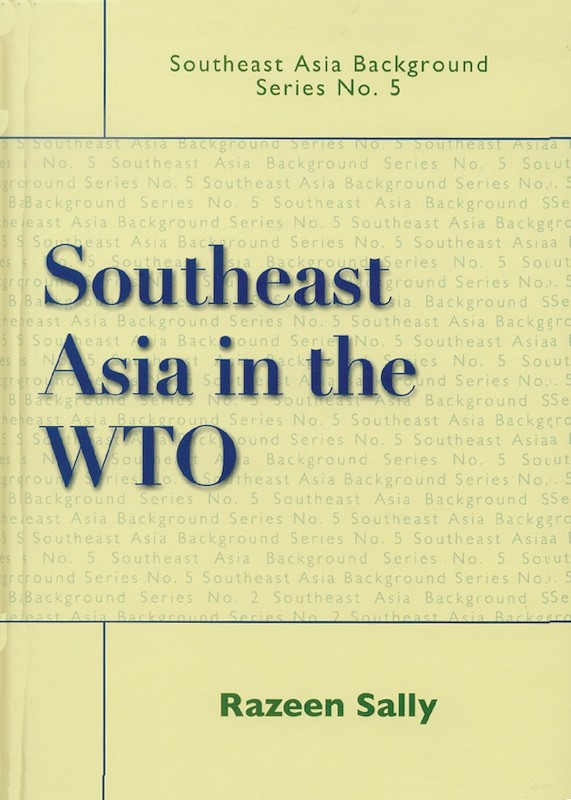
About the publication
In this large-scale ISEAS study, Razeen Sally looks at Southeast Asia in the World Trade Organization, against the background of national trade policy trends post-Asian crisis, sluggish ASEAN economic integration, and the recent high-speed proliferation of bilateral and regional trade negotiations. ASEAN co-operation in the WTO has broken down, with little prospect of revival. Nevertheless, Sally argues forcefully that Southeast Asia needs a liberal, rules-based multilateral trading system; and that the WTO needs active Southeast Asian participation. ASEAN countries should forge multiple coalitions, revolving around the United States and China, to restore workability and purpose to a lame, crisis-ravaged WTO. This would provide headwind for what matters most: unilateral (national) trade-and-investment liberalization and pro-competitive regulatory reforms to revive and enhance policy competitiveness in the region.
Table of Contents
1. Background
2. Singapore and WTO
3. Malaysia and WTO
4. Thailand and WTO
5. Indonesia and WTO
6. The Philippines and WTO
7. Other ASEAN Countries and WTO
8. Southeast Asia's Future in the WTO
Tables
Selected References
Table of Contents
1. Background
2. Singapore and WTO
3. Malaysia and WTO
4. Thailand and WTO
5. Indonesia and WTO
6. The Philippines and WTO
7. Other ASEAN Countries and WTO
8. Southeast Asia's Future in the WTO
Tables
Selected References
Contents
-
Southeast Asia in the WTO
[Whole Publication]

